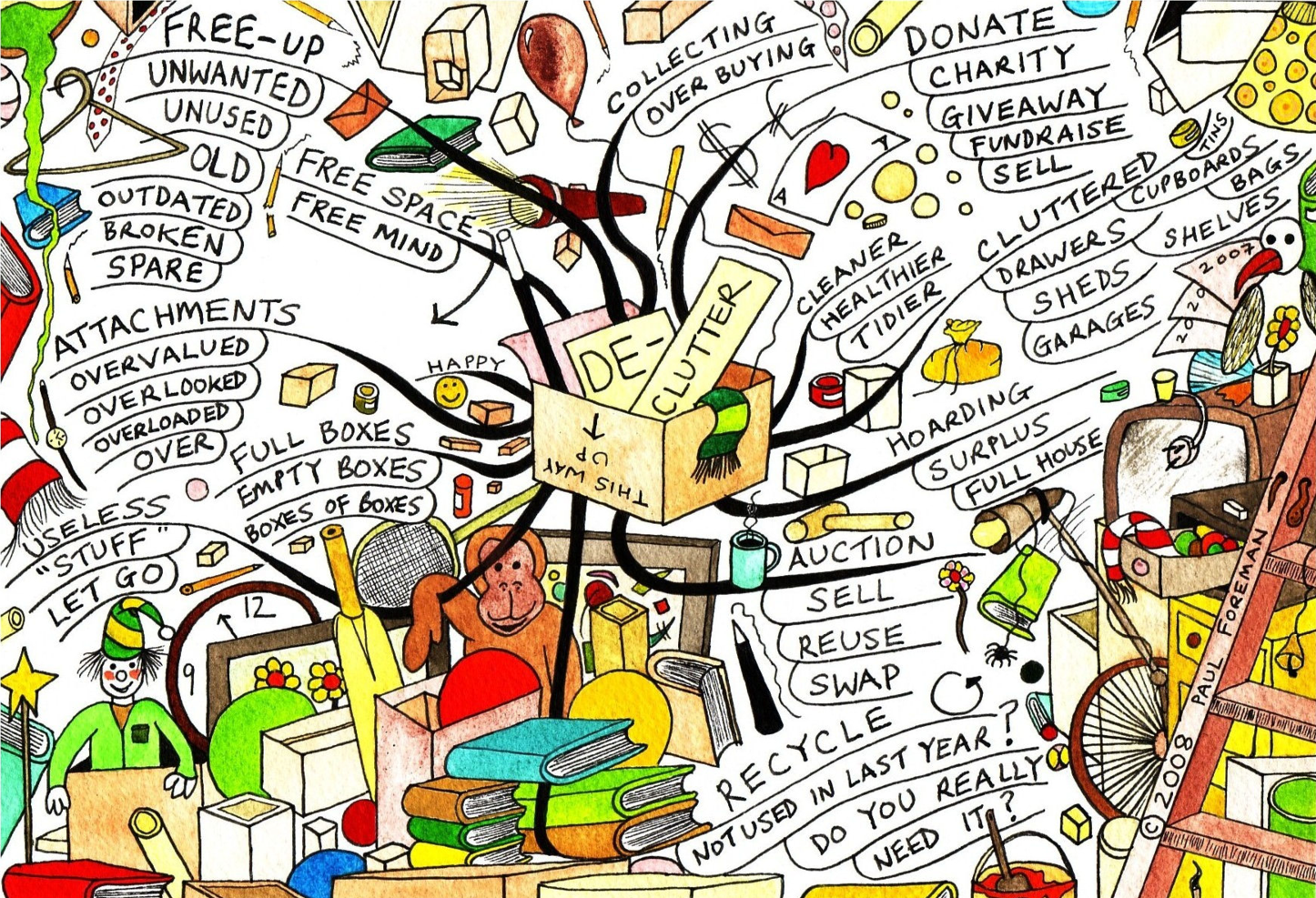
With the closing of the school year and the approach of warm weather (and hopefully some relaxation time), I would like to take this opportunity to make an argument for the reconceptualization of our sense of ‘busyness’, as well as pursue the idea of the importance of daydreaming and idle thought. Busyness is a complex (and sometimes circular), multi-faceted issue, requiring multiple discussion points and perhaps a lengthier post. Please bear with me as I take on this rant. :)
Everyone is busy
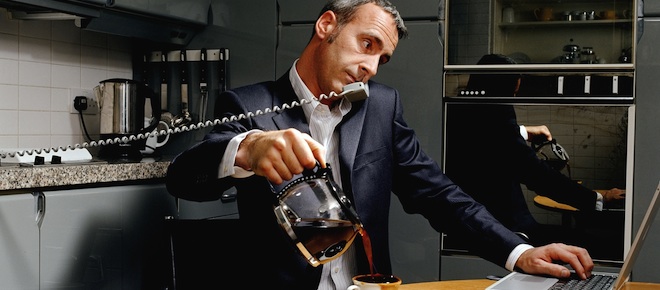
For many of us, students or employees, summertime means either a break from school, or at least a relaxation in our schedules to allow for more social or outdoor activities. Perhaps we are now finally able to take a breath and enjoy our friends, family, and surroundings. But maybe for some of us this change in seasons does not bring a break, and our schedules are just as busy as ever before. When does the busyness end?
In the past five or six years I’ve noticed a big shift in myself, as well as my friends and family members, when responding to invitations or emails that are non-work related: I’m too busy. Whether I’m asked, or am asking, how are you? the word ‘busy’ is almost always in the answer. Even my younger nieces and nephews (middle and high school age) are too busy to respond to texts or emails. It used to be the case that being busy was a momentary, temporary situation for most of us, but now, we are hard-pressed to find a colleague, friend, or family member who does not have a seemingly ever-lasting packed schedule. Has anyone else noticed this?
I find myself wondering, are we actually all that busy, or is it just an illusion that we create and cling on to?
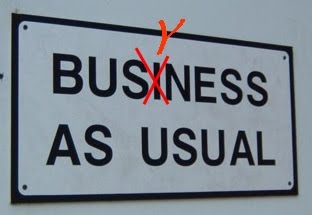
The truth is that busyness is a badge of honor in our culture. If we are busy, we are not idle (which is considered a negative state), and we are most likely important, or doing something important. The idea of being busy is so ingrained in both our work and social life that it’s hard for us to imagine a life without it. To add to the intensity of this issue is the fact that we are bombarded with more information, and more opportunity to work (or to be doing something) with the use of smartphones, social networking, and other technological advances.
An important clarification here is the difference between busyness and productivity. The question we need to be asking ourselves is, am I getting better, or just busier? Busier does not equal ‘better’, however, those of us in the workplace today would argue that there is a mentality that we must always be doing more, working more, contributing more. We fear we are not doing enough, and we are competing with co-workers who are putting in more and more time at work. But, how many of these over-time workers are actually producing higher quality work that couldn’t be done in regular focused work hours?
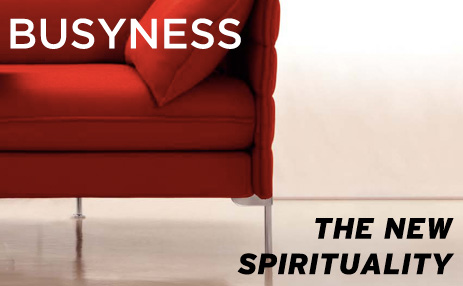
Additionally, a fantastic point made by Ben Hunniccut4 points out that existential questions such as, who am I, what is my worth, and how do I find meaning and purpose in my life, used to be answered by religious pursuits. Now, many of us attribute our purpose in life to our career. The idea I want to highlight here is that when our sense of worth is tied to work, something we can concretely measure, we can see that there is always more work to be done; there is always more to produce and achieve. I believe that creates a cycle of never enough. Yes, pushing ourselves is good. But when we hang our life meaning on a list of our accomplishments, we will never feel satisfied with what we have done.
Is busyness real or is it an illusion?
Leisure and Consumption
From a rational modern economic position, we are busier now because we choose to work more because, well, it makes sense to. Working more hours = more money to spend on leisurely activities1. However, the more we work, the less leisure time we have, and when we do take our leisure time, it’s more intense. Linder (1970), is the seminal researcher on the classic work of the ‘harried leisure class’, which looks at how modern-day affluent societies are linked with time pressure, leisure activities, and leisure goods consumption5. Linder theorized that in these ‘time-famine cultures’ which are “characterized both by economic affluence and time scarcity, leisure becomes a frantic race to maximize the ‘time yield’: the way in which leisure goods are combined with leisure activities” (p. 6)5. Ironically, “those who have more disposable income are also generally those who which have the least amount of leisure time to spend it” (p. 6)5.
Technology and Workload
Most research and discussions in ‘busyness’ focus on the paradox that the more technology time-saving tools we use, the busier we identify ourselves as being. Joanne Vanek, a researcher who looked at women’s domestic work from 1925-1970’s, found that total domestic work stayed just about constant over that entire time period, which is striking when you consider all the ‘labor-saving’ tools widely incorporated in US homes during that time. This does not suggest that the tools do not work, but rather that we are increasingly productive in both how many domestic tasks we do as well as the quality of the tasks. For example, clothes are cleaned (and changed) more frequently, and accordingly, our standards of cleanliness are also increased. The takeaway point: “domestic labour-saving devices may mean more domestic work” (p.7)1. As research done by Rosa (2003) identifies, with technological acceleration, we see the same acceleration trend in social transformation, and the tempo of everyday life.
In other words, technology will not make our lives less busier or our workload less intense! In fact, it has been shown to increase our standards of production and contribute to a higher standard of living. We can see this point very clearly in these projections of the future workforce (as was made in the past): economist John Maynard Keyes predicted a 15 hour work week by 2030, with which our free time would be spent “enjoying the hour and the day virtuously and well” (along with rising incomes and standards of living)4, and Dwight D. Eisenhower’s acceptance speech in 1956 which predicts that “leisure . . . will be abundant, so that all can develop the life of the spirit, of reflection, of religion, of the arts, of the full realization of the good things of the world”4.
We don’t know how to track our work
Most people will say that their experience is that the world is busier now than before. A report (Schor, 1992) about American work hours from 1970-1980, found that across the spectrum, Americans were working longer, leading to the idea of the ‘time squeeze’. However, evidence from national labor statistics in the US used time-use diaries to directly track and record the time spent in employment activities, which contradicted this picture. In other words, workers who kept diaries of their work activities showed that they were not actually working more. “Diary evidence from the United States and Western Europe suggested that, over the last 50 years or so, and with some variations, overall workloads (both paid and unpaid) were not changing much, and, if anything, were decreasing (Jacobs and Gerson, 1998, 2005; Robinson and Godbey, 1999; Gershuny, 2000)” ( p. 7)5. The diaries led to the recognition that the substantial increases in workloads have been a feature of the changing employment structures and conditions of those from particular socio-economic and demographic groups (those who are more highly-educated, in higher-status jobs, and in dual career households) ( p. 7)5. So if we are indeed more busy than we were in the past, this occurrence holds true for part of the population, but not necessarily all.
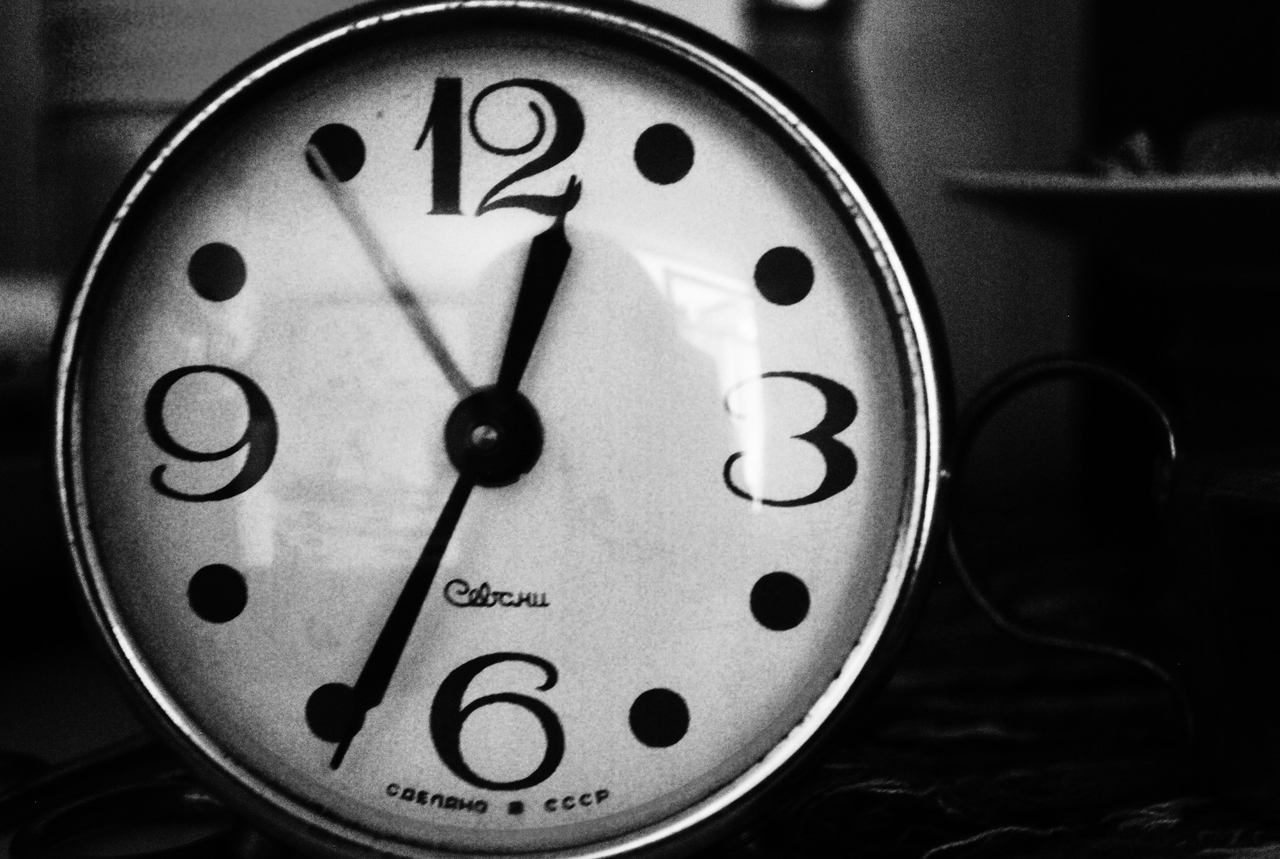
Our perception of time has changed
There have been several hypotheses suggesting that our recent tendencies toward multi-tasking in combination with a faster-paced life has changed the density and nature of which we experience time. When we engage in several tasks at once, we experience the effect of higher time pressure. I imagine this is because we are expecting ourselves to produce more outcomes in less amount of time. Additionally, we are tending to cut and segment our time into organized, fragmented activities, which creates pressure and intensity, including higher amounts of effort and expenditure5. We use this process not only with work related tasks, but our leisure time, as well. Therefore, our down-time is no longer really living up to its definition, and we are creating these endless fragmented lists of work and non-work activities, which influences how are we are experiencing the passing of time.
There are both negative and positive aspects to busyness
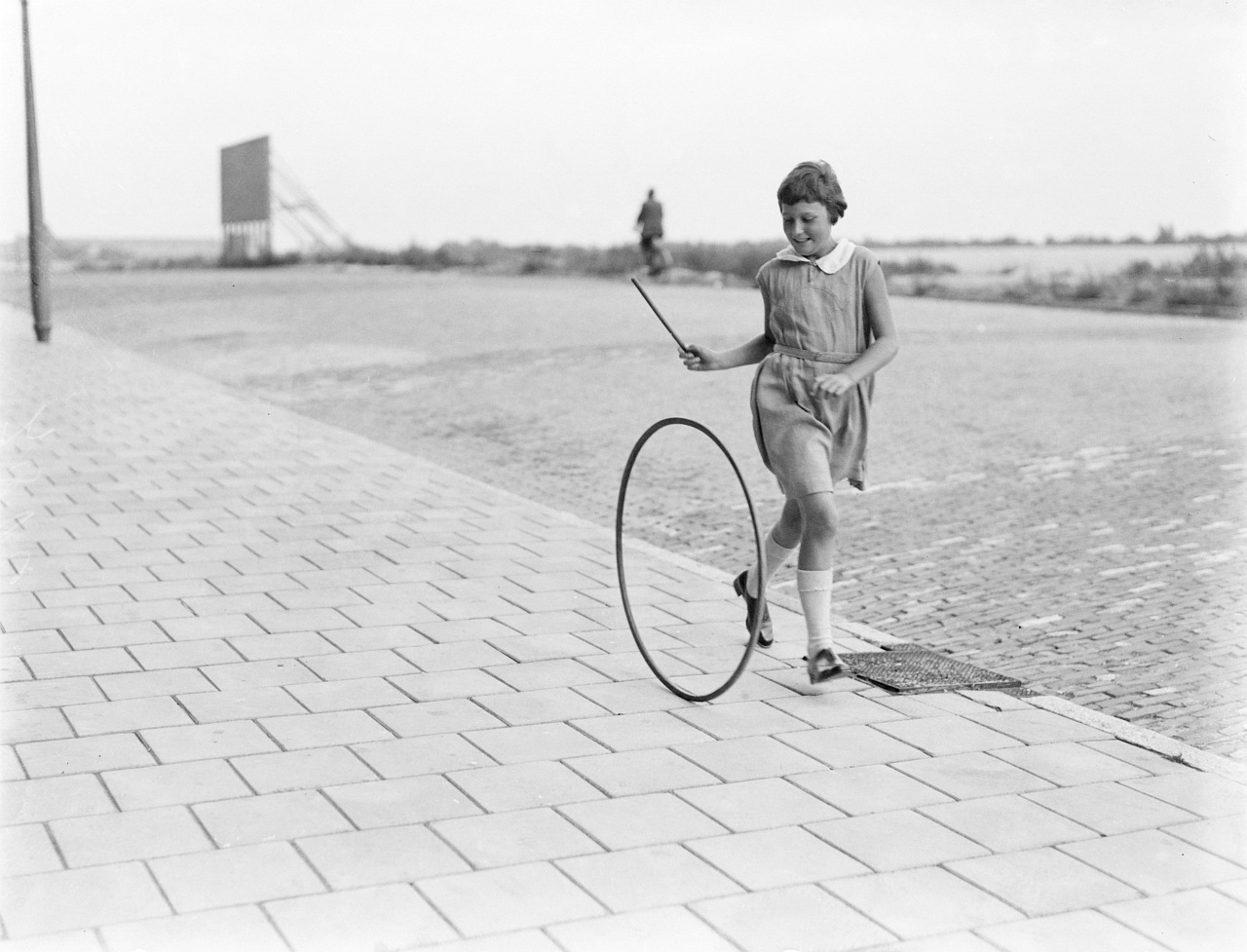
Being busy is not supposed to be a negative thing. Research frequently shows that when we are busy, we are happier (Hsee, 2010). In fact, if we are not busy, chances are we are unemployed or lacking in social connections. I think this point goes back to one made earlier about the distinction between busyness and productivity. Usually when we are productive we are actively engaged in some form of work, and so we are preoccupied with that task. We are contributing to something, we are productive, we are happy. This is all fine and good, but this is not the type of busyness we are discussing. What we are looking at is the kind of busyness that takes over our lives, and does not go away after a particular time has passed. How can this interfere with our academic and personal lives? Excess busyness can lead to: (1) unnecessary stress, (2) strained or lacking relationships, (3) not attending campus/social events.
In fact, the link of busyness to stress leads to health risks and bad outcomes. Some bad outcomes are this example of nurses in a University of Michigan study who were “70% to 80% more likely to deliver premature and underweight babies if they worked more than 40 hours/week and experienced high stress (Fraser, 2001)” ( p. 24)3.
What steps can we take to decrease our sense of busyness?
Regardless of whether or not we actually are busier now than we were before, the truth is that we do feel busier, and that is enough to create an issue. The negative health linkage alone is enough motivation to make some changes. Here are some ideas to keep in mind the next time you feel caught up in the ‘busyness’ hype.
Incorporating Slack Time and Room to Daydream
The mentality we are battling, as the busy, stressed people that we are, is that even though neuroscience shows that when our brains are idle, we are most receptive and open to inspiration and creativity, we still resist taking time off. We know that invention, philosophy, and great works of art are created during leisure time, and yet we aspire to busyness4. When looking at the work psychologists do, which “treat burned-out clients who can’t shake the notion that the busier you are, the faster you work, and the more you multitask, the more you are considered competent, smart, successful,”4 we can see just how pervasive this badge of honor is. How do we escape this mentality?
Slack Time
In an article by Kerfoot (2006), creating slack in the healthcare workplace is presented as a solution to the problem that the quality of patient care has not changed along with the technology and complexity offered with the services. Kerfoot asks, “Could the problem be that we are committed to busyness, but not to innovation and effectiveness? Could it be that we can’t reinvent ourselves because we are too busy?...Could it be that we worship at the altar of efficiency to the point that the effectiveness of what we do is impaired?” (p. 24). The point is raised that we cannot change without thought. Introduced by DeMarco (2001), the concept of incorporating slack time in organizations is highly important because when employees are consistently working at over 100% productivity, the result can “cripple an organization because it stops the rebirthing processes that are needed for future success” (p.25).
Daydreaming
Similar to the positive outcomes of slack time are the outcomes of daydreaming. There is support for daydreaming in areas of creative processes, future planning and rehearsal of situations, reflecting and learning on successes and failures, emotion reflection and modification, as well as motivation (Mueller & Dyer, 1985). Daydreaming is a spontaneous event that involves “recalling or imagining personal or vicarious experiences in the past or future” (Mueller & Dyer, 1985). Daydreams, in this sense, can be viewed as personal narratives that highlight what a person aspires to, what motivates them, their identity, and their concerns and values of their present working life (Langens & Schmalt, 2002). Allowing ourselves to daydream could aid the rebirthing process as we reflect and give thought to the issues and scenarios relevant to our work or home life. Obviously, this article is not suggesting constant daydreaming, which leads to disengagement and negative outcomes. Remember, everything in moderation!
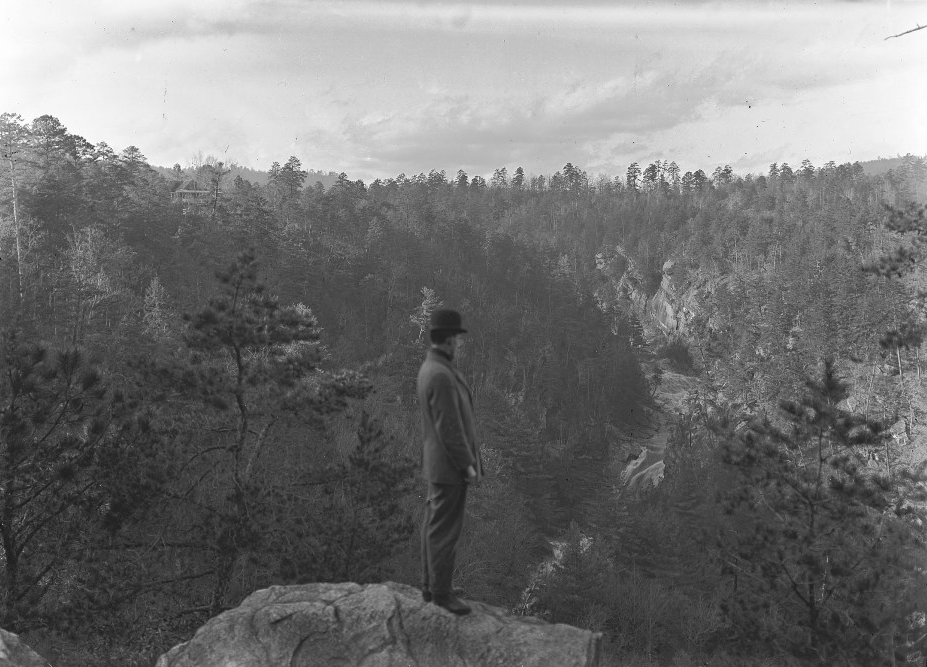
Accept and believe that you’re not actually that busy
Perhaps my favorite solution to this is a great, brief post done on Lifehacker2 that talks about the work done by sociologist John Robinson. Robinson tells us not to schedule in meditation, more vacation, deep breathing exercises, or anything that will inevitably become one more thing to check off our expanding to-do list. Instead, remind yourself you are not as busy as you think you are. In order to stop feeling oppressively busy, stop telling yourself (and everyone else, while you’re at it) that you are oppressively busy. The sooner you can accept that you are not that busy, the less busy you will feel! This is a very simple solution, but tricky to carry out if you don’t believe it and practice it. Try it now- picture all the things you have to complete before the day is out...and keeping all that in mind, tell yourself...you’re not that busy. You’re really not. And I’m not, either.
So, as students are wrapping up their school year and daydreaming for less stressful days, keep in mind that daydreaming, slack time, and idleness are not a bad things! It’s okay, and even beneficial, to let your mind wander, to take a break from all the busyness and planning. Remember that busyness is not necessarily a bad thing, particularly if you can remind yourself of just how un-busy you are!
References
1. Gershuny, J. (1992). Are we running out of time?. Futures, 24(1), 3-22.
2. Gordon, W. (2014). Stop Telling Yourself You’re Busy. Lifehacker. Retrieved from http://lifehacker.com/stop-telling-yourself-youre-too-busy-1562989296.
3. Kerfoot, K. (2006). Beyond busyness: creating slack in the organization. Nurs Econ, 24(3), 168-170.
4. Schulte, B. (2014). Why Being too Busy Makes Us Feel So Good.Washington Post. Retrieved from http://www.washingtonpost.com/opinions/why-being-too-busy-makes-us-feel-so-good/2014/03/14/c098f6c8-9e81-11e3-a050-dc3322a94fa7_story.html.
5. Sullivan, O. (2008). Busyness, status distinction and consumption strategies of the income rich, time poor. Time & Society, 17(1), 5-26.
Great post. In depth and eye opening. I think we've all fallen into the "busyness" trap before and this article lays out some great ideas on why that's a bad thing and what we can do about it.
ReplyDeleteVery interesting read...